Guest author
-
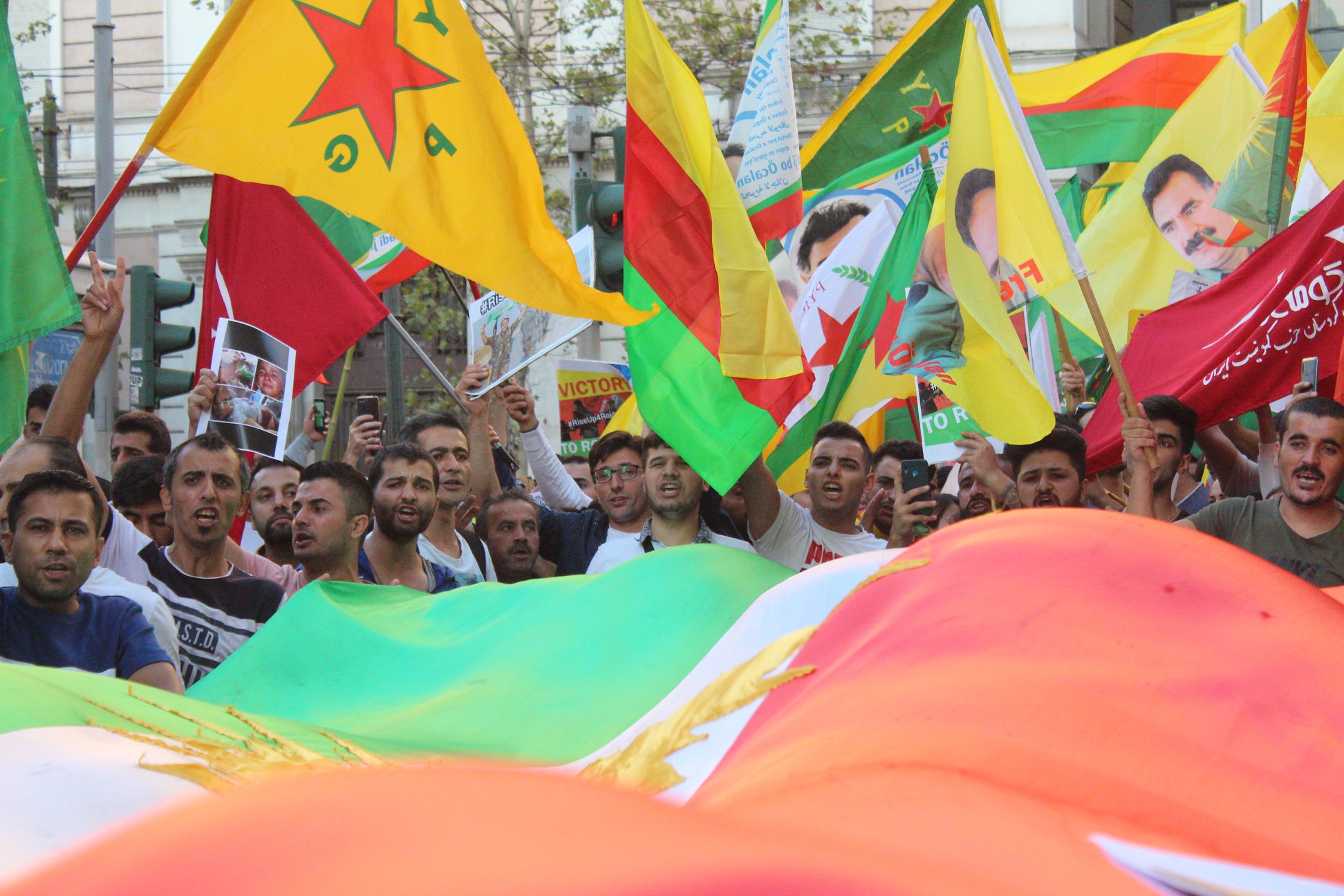
After Armed Struggle: Kurdish Nationalism at the Crossroads
•
This article has been written by Siavash Daneshvar, an Iranian communist activist and political analyst. Daneshvar was imprisoned in the early years following the 1979 Iranian revolution for communist activities and organizing labor protests. After his release, he joined the Communist Party of Iran, continuing his struggle in the liberated…
-
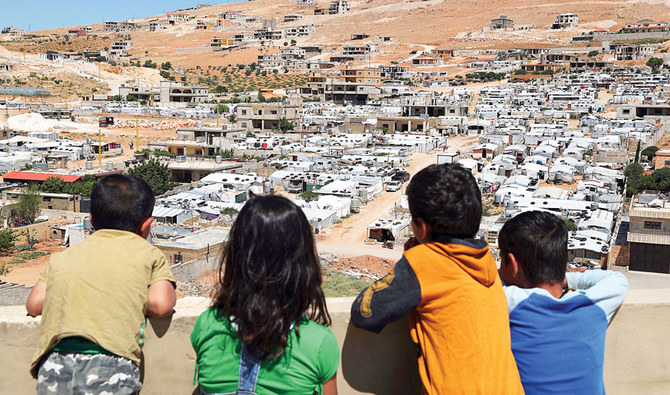
What the EU-Lebanon Agreement Means for Syrian Refugees
•
European Commission President Ursula von der Leyen visited Beirut and announced a billion-euro support package for Lebanon, focusing on banking, infrastructure, and border security to manage migration and potentially facilitate voluntary refugee returns. This move aligns with the EU’s broader policy to confine migration by funding third countries to detain…
-

Disclose and Divest: UofT Students Support Palestine
•
Students at the University of Toronto have established a tent encampment on their campus advocating for Palestinian rights. They demand transparency in tuition spending to ensure it doesn’t support the Israeli government and ask for divestment from companies that oppress Palestinians. A large march is planned, and external groups are…
-
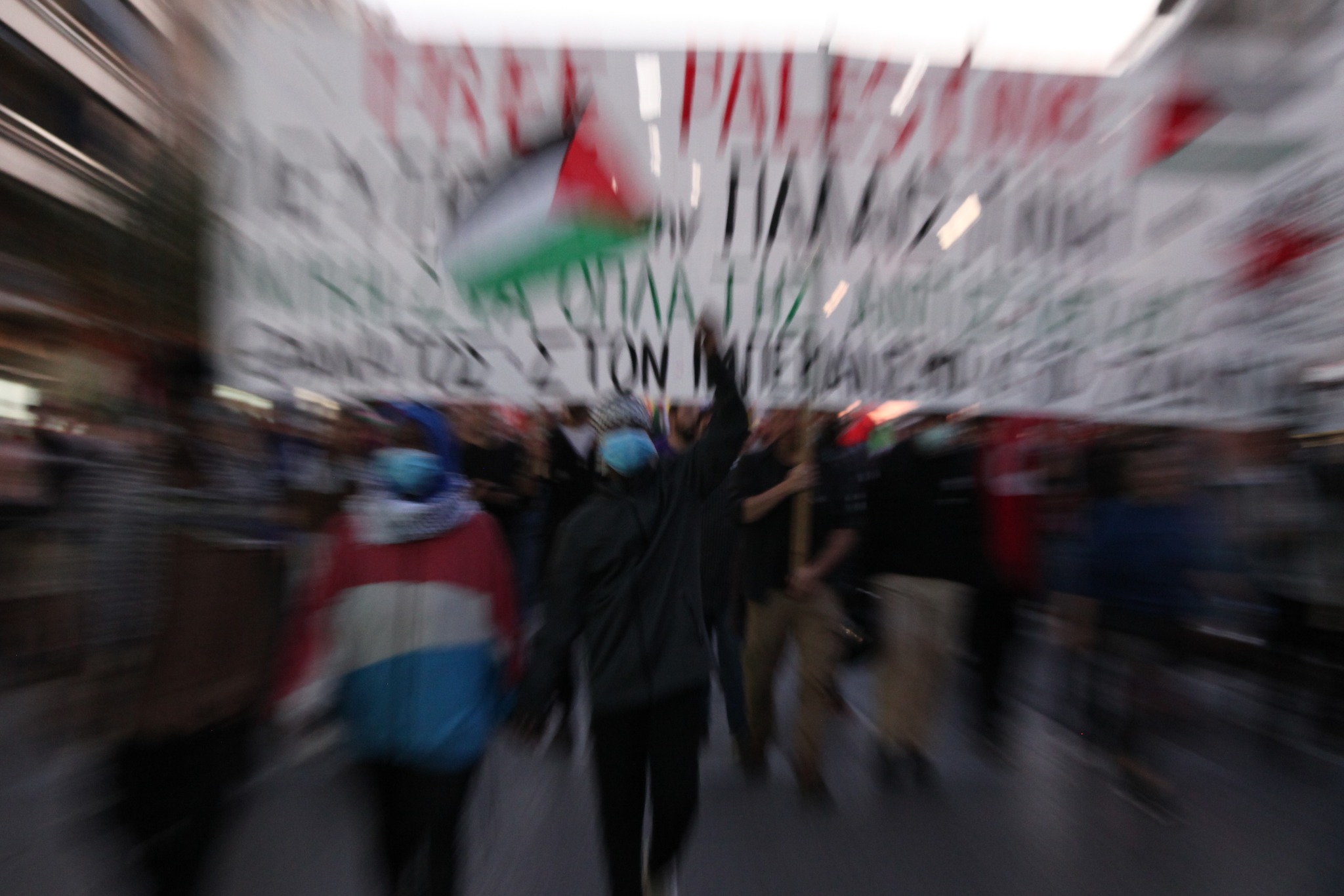
Global Discussion of
‘Shifting and Unprincipled Alliances’•
The global response to the Palestinian solidarity movement, highlighting contradictions and the need for a more principled stance against imperialist influences. It critiques both the US and global left’s past misunderstandings in addressing Palestinian issues, emphasizing the importance of direct action and maintaining fundamental anti-imperialist principles. The piece underscores the…
-
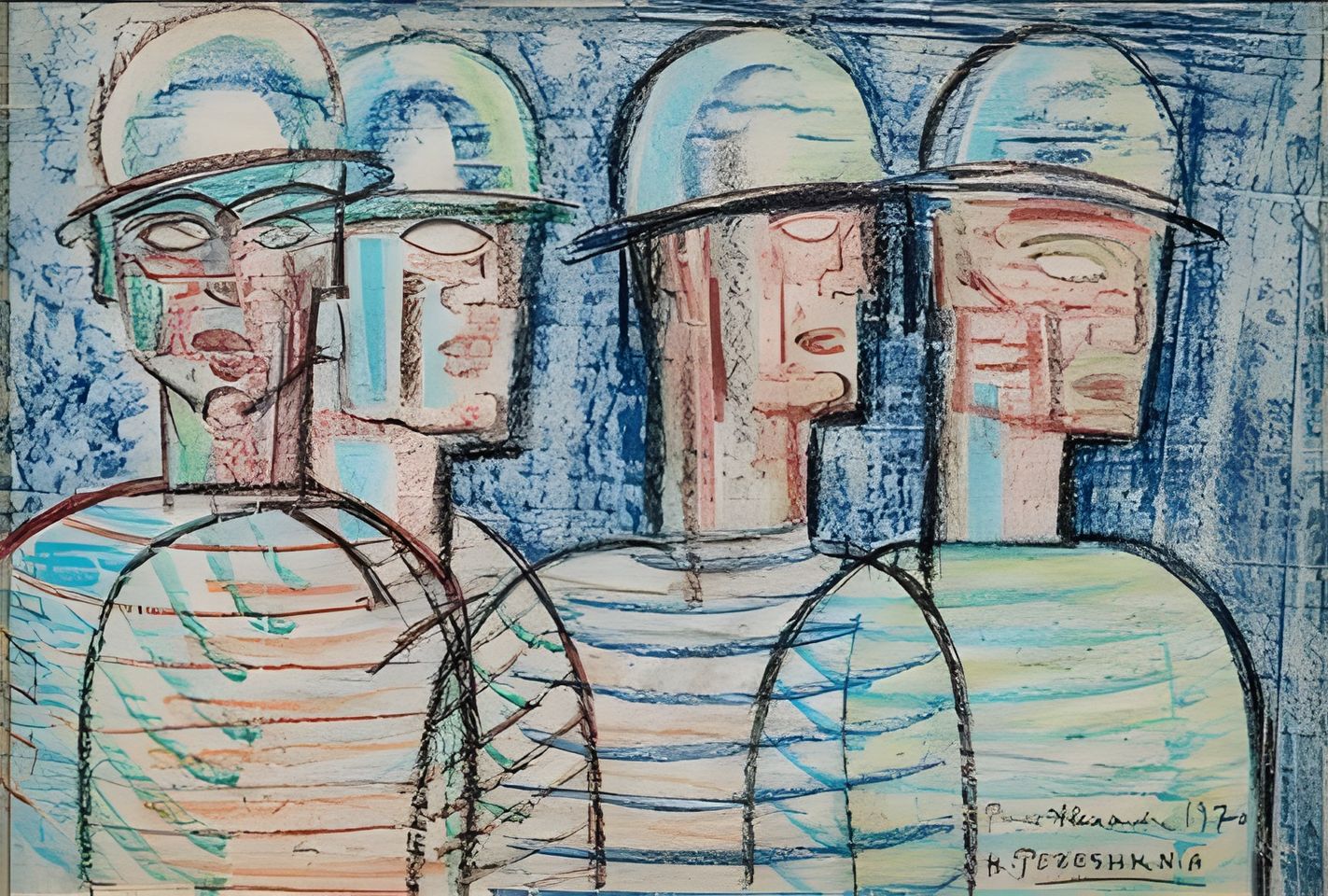
From Behind Bars:
Analyzing Past Revolution to Shape a Revolutionary Future•
Shahrokh Zamani, a revolutionary socialist and labor activist, faced imprisonment and mistreatment for his activism. He analyzed the 1979 revolution and the subsequent suppression of workers and revolutionaries. He emphasized the importance of organized resistance and the establishment of independent organizations for achieving freedom. Reflecting on past failures, he highlighted…
-
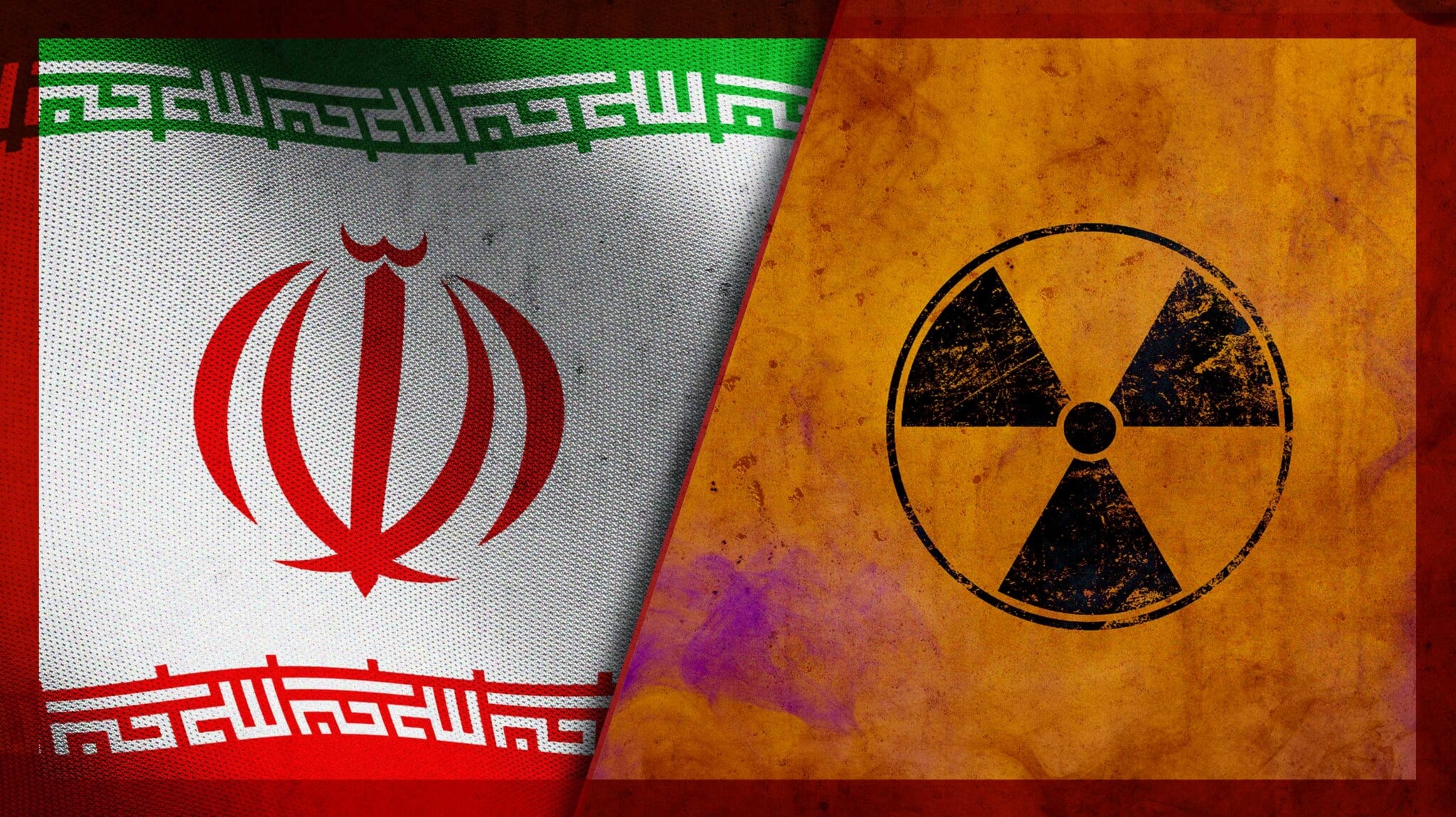
Atomic Iran a Possible Fast Approaching Reality
•
Israel’s attack on Gaza seeks for greater goals than just its annexation to Israel. The objective of the ongoing genocide in Gaza is inline with the unbridled US invasion of Iraq in 1990. In the aftermath of the Soviet collapse, the US intended to establish itself as the world’s only…
-
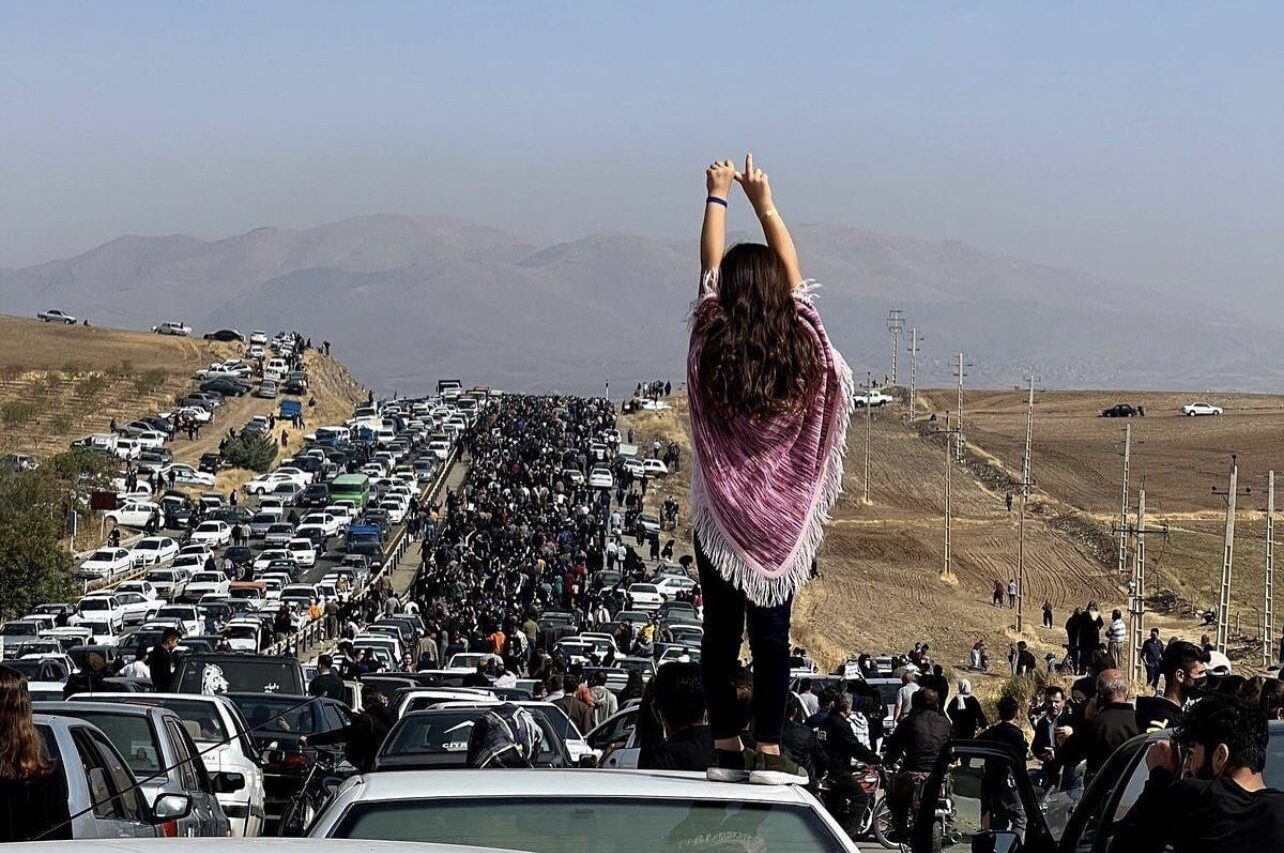
A New Vision for Iran:
The Charter of Change•
The demands presented in this charter encompass a range of social, political, and economic changes necessary for Iran. These demands seek to establish rights such as free expression, equal opportunities for women and LGBTQ+ community, better working conditions, job security, and an end to discrimination and corruption. The signatories of…
-
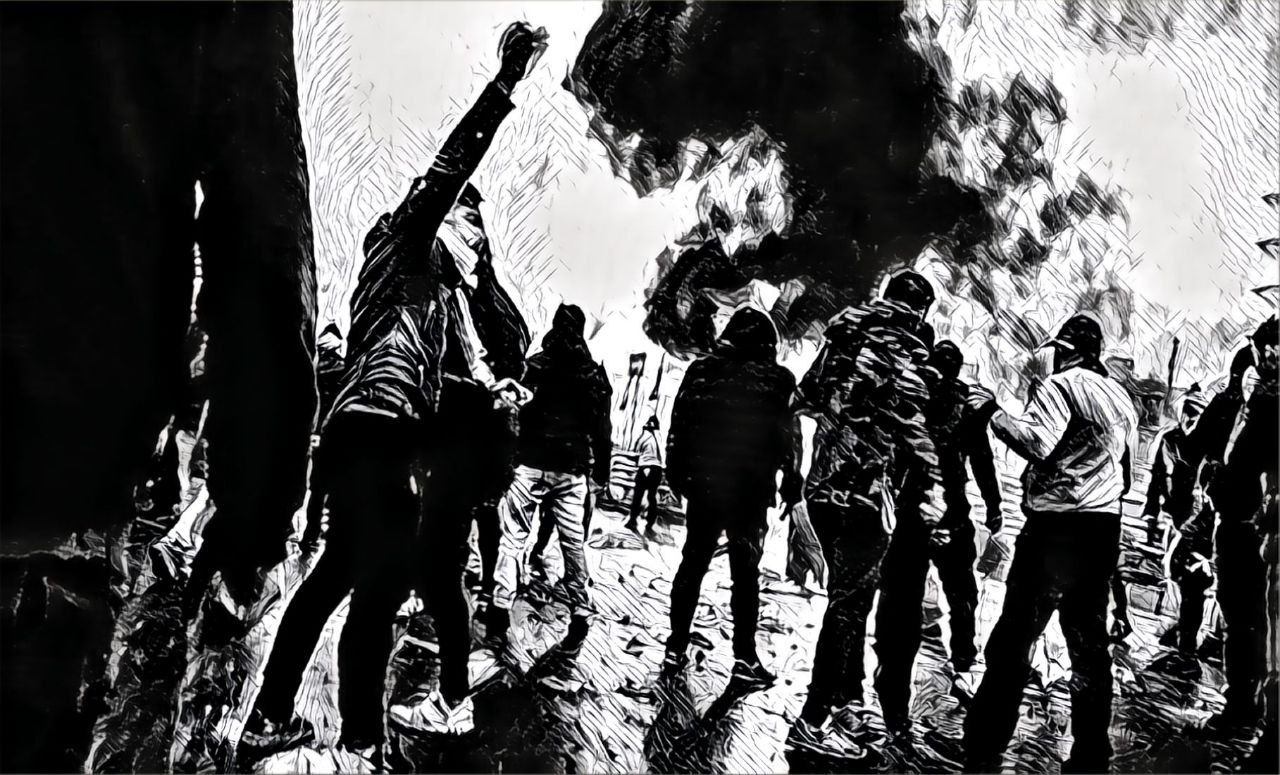
The Aesthetics of the post-Aban Uprising
•
Here we talk about Marxist aesthetics, which does not examine a mechanical opposition of form and substance or the primacy of spirit over matter, and neither it examines the objective and subjective aspects of phenomena separate from each other; but, as a unique aesthetic, tries to examine the relationship between…
-
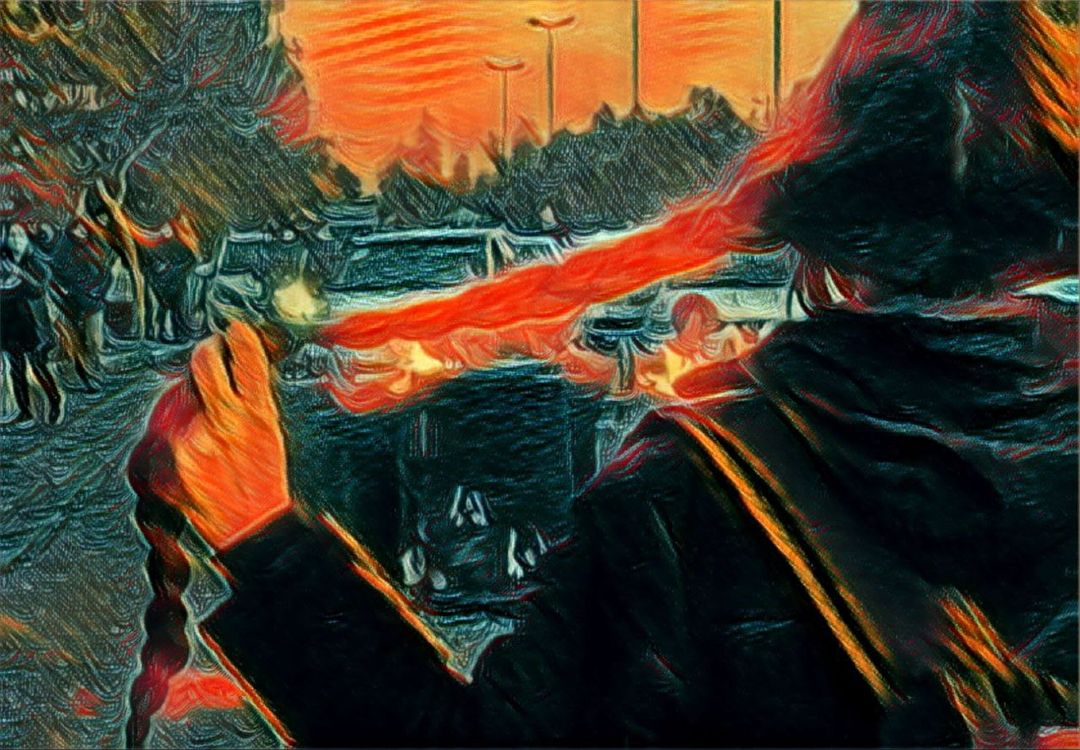
Thanks, but Iranian people don’t want a Zelensky!
•
The revolutionary rise of “Women, Life, Freedom” has resulted in opposition from workers, women activists, and young people seeking freedom and equality not just against the capitalist government, but also against the manufacturing pro-Western leaders and alternatives. The freedom and equality movement seeks nothing less than the end of capitalist…
-
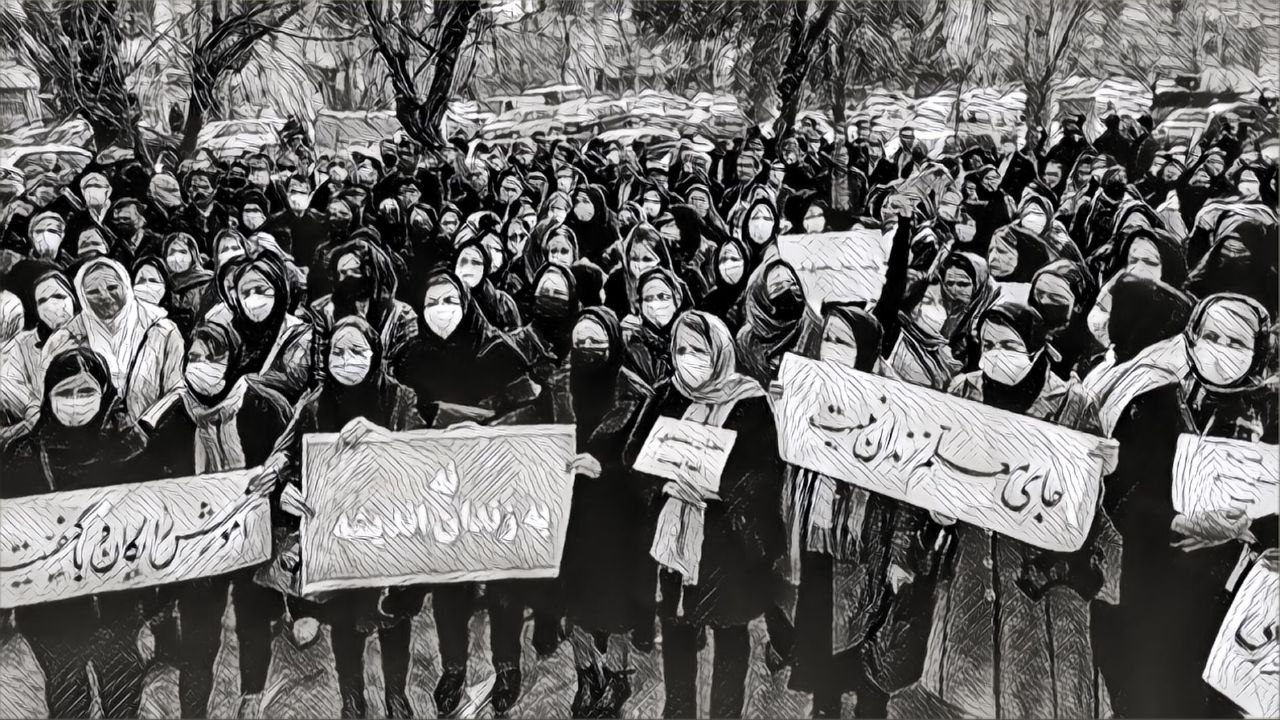
Voices of Iranian Educators:
Insights on Challenges and Demands•
Rasool Bodaghi is a teacher and a member of the Union of Iranian Educators. Bodaghi has dedicated his life to improving modern education and ensuring that all Iranian children receive a quality, free, and equal education. In a recent note written from Evin prison, he spoke about the demands of…
-
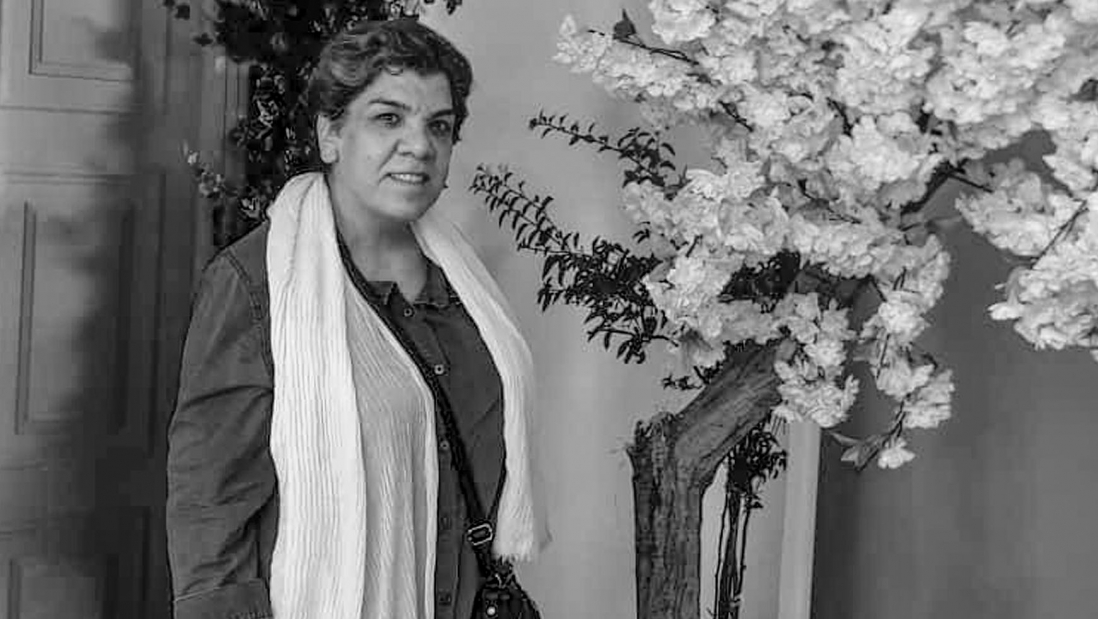
The Workers’ Revolt: Labor’s Role in Iran’s Nationwide Uprisings
•
Why, after more than two months of protests, have nationwide strikes not yet occurred in Iran, and how do the demands of the current uprising for “women, life, freedom” align with those of the working class? To address these questions, we spoke with Parvin Mohammadi, the vice-chairman of the Independent…
-

Women shouldn’t work in fishing, they say!
•
People calls her Khajo; Khadijeh Ghodsinejad, 22 years old, born in Hengam. She is a fisher, like many other women of Hengam, an island known as the fisher-woman and the financial responsible of the family. The story of the fisher-women of the island has been covered by the Iranian media…



